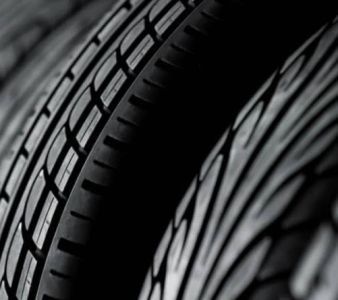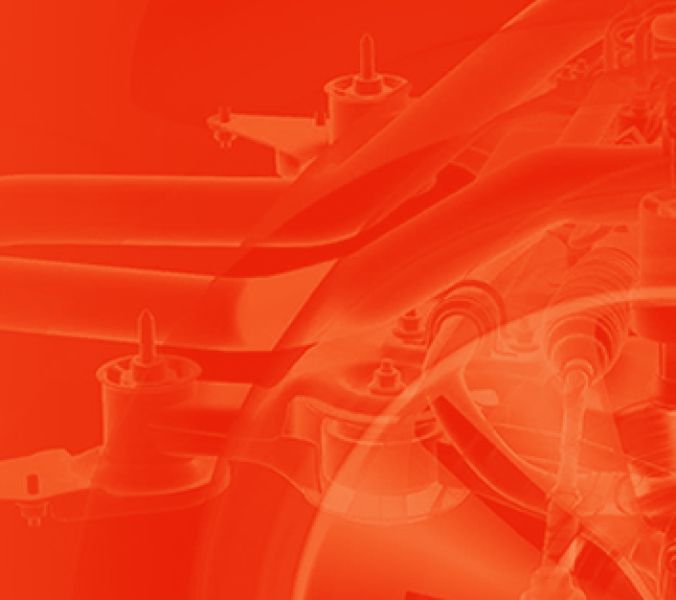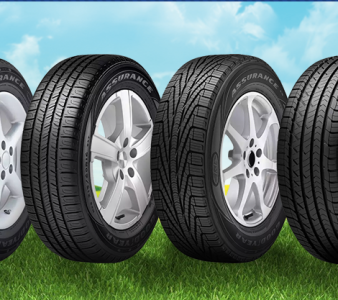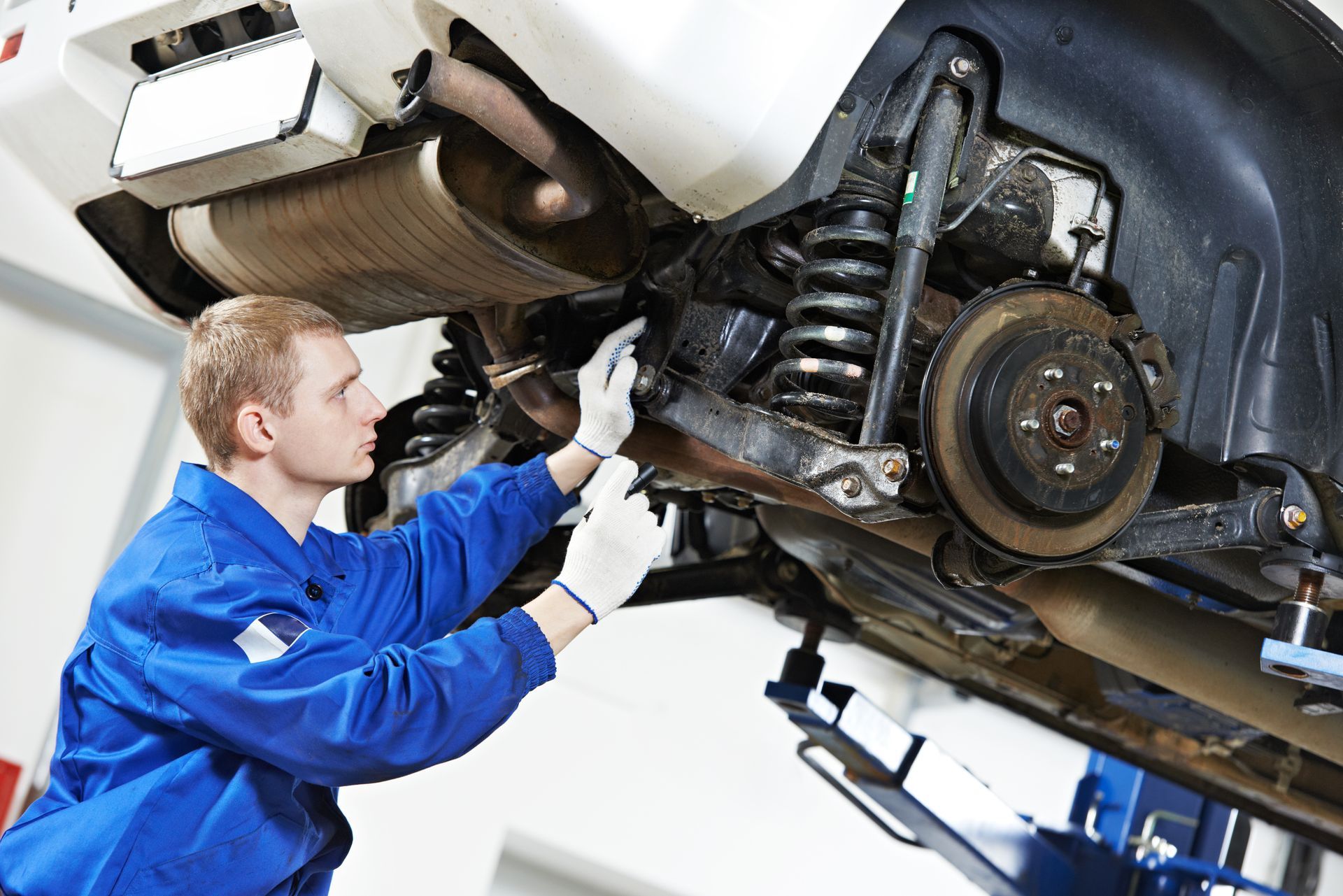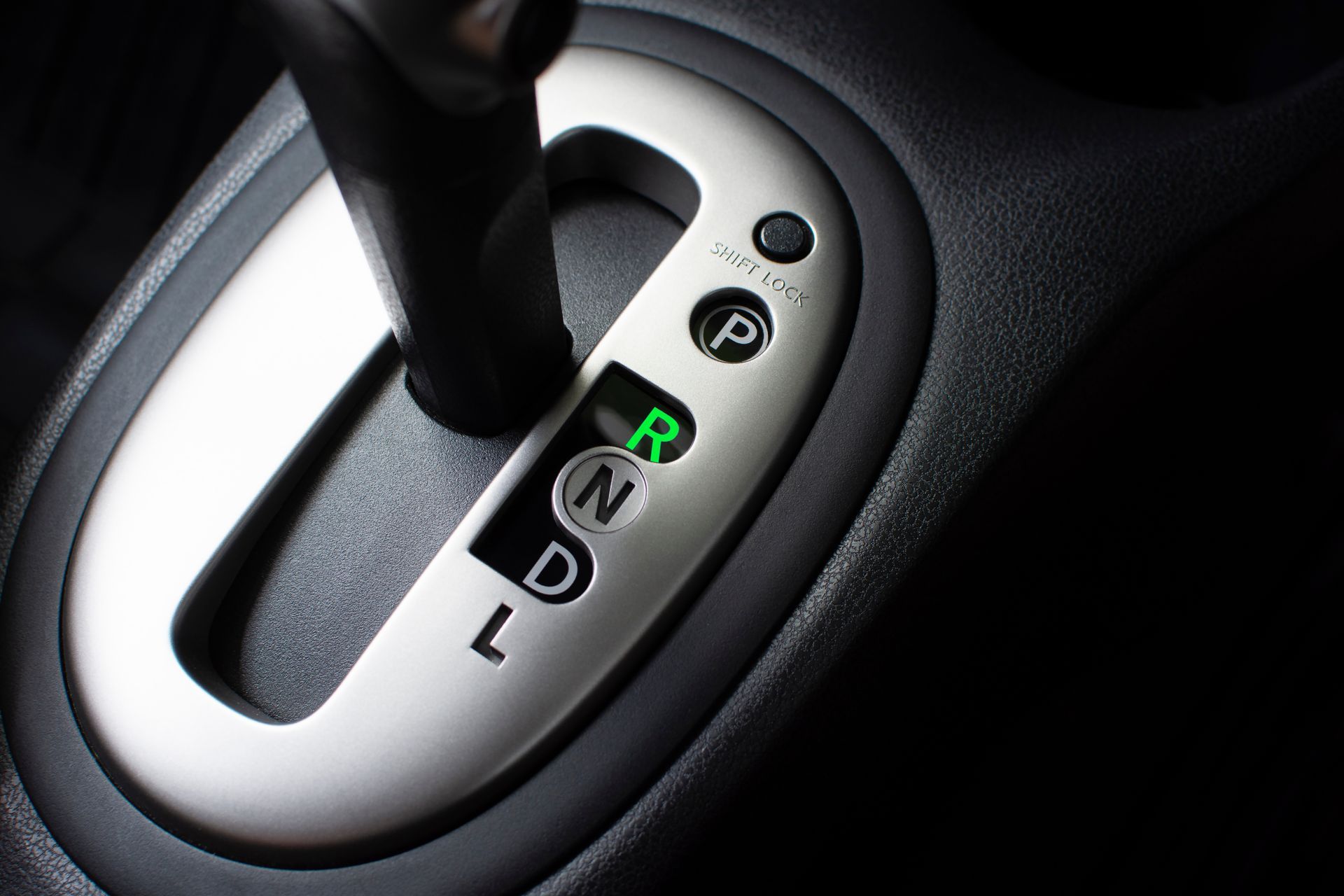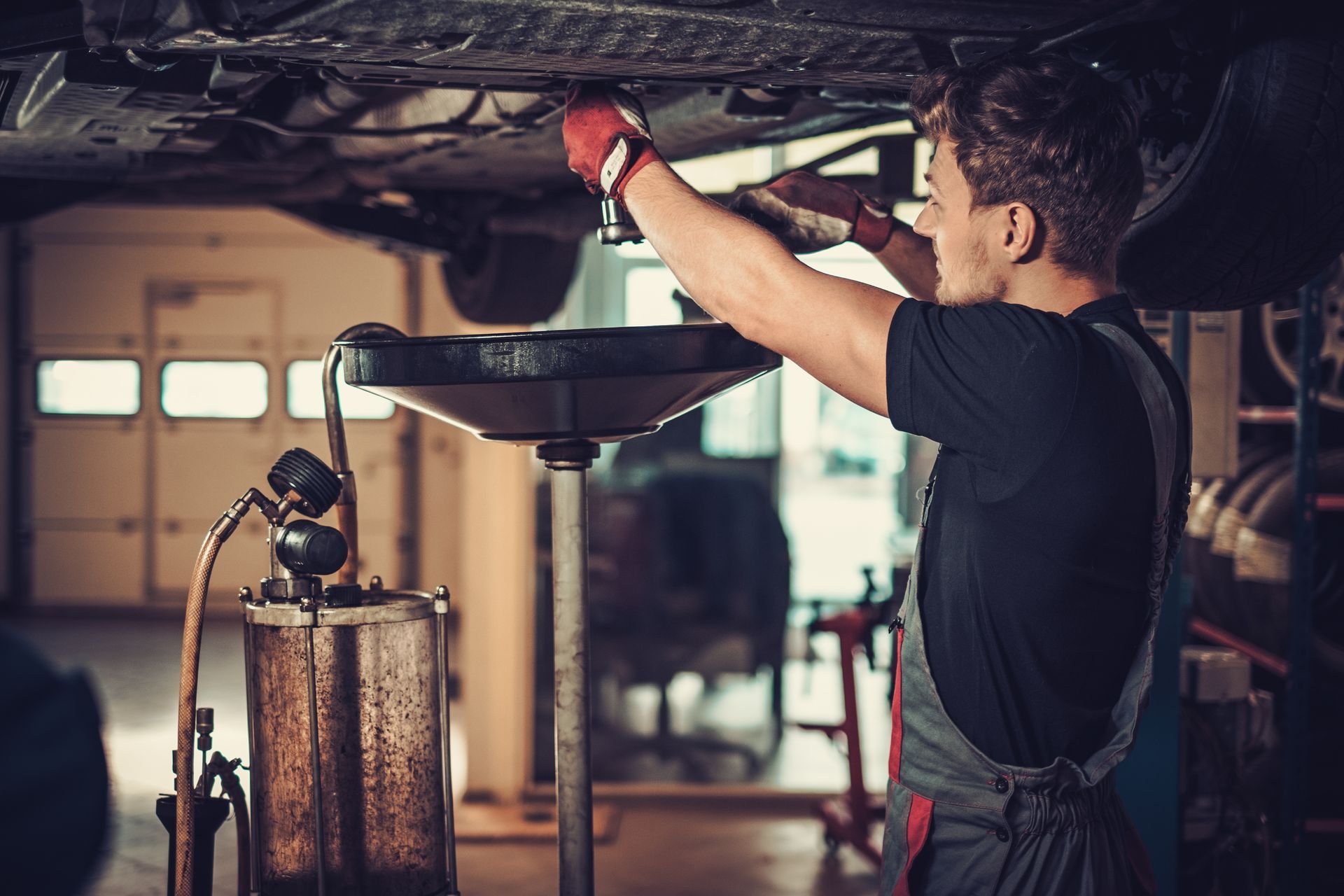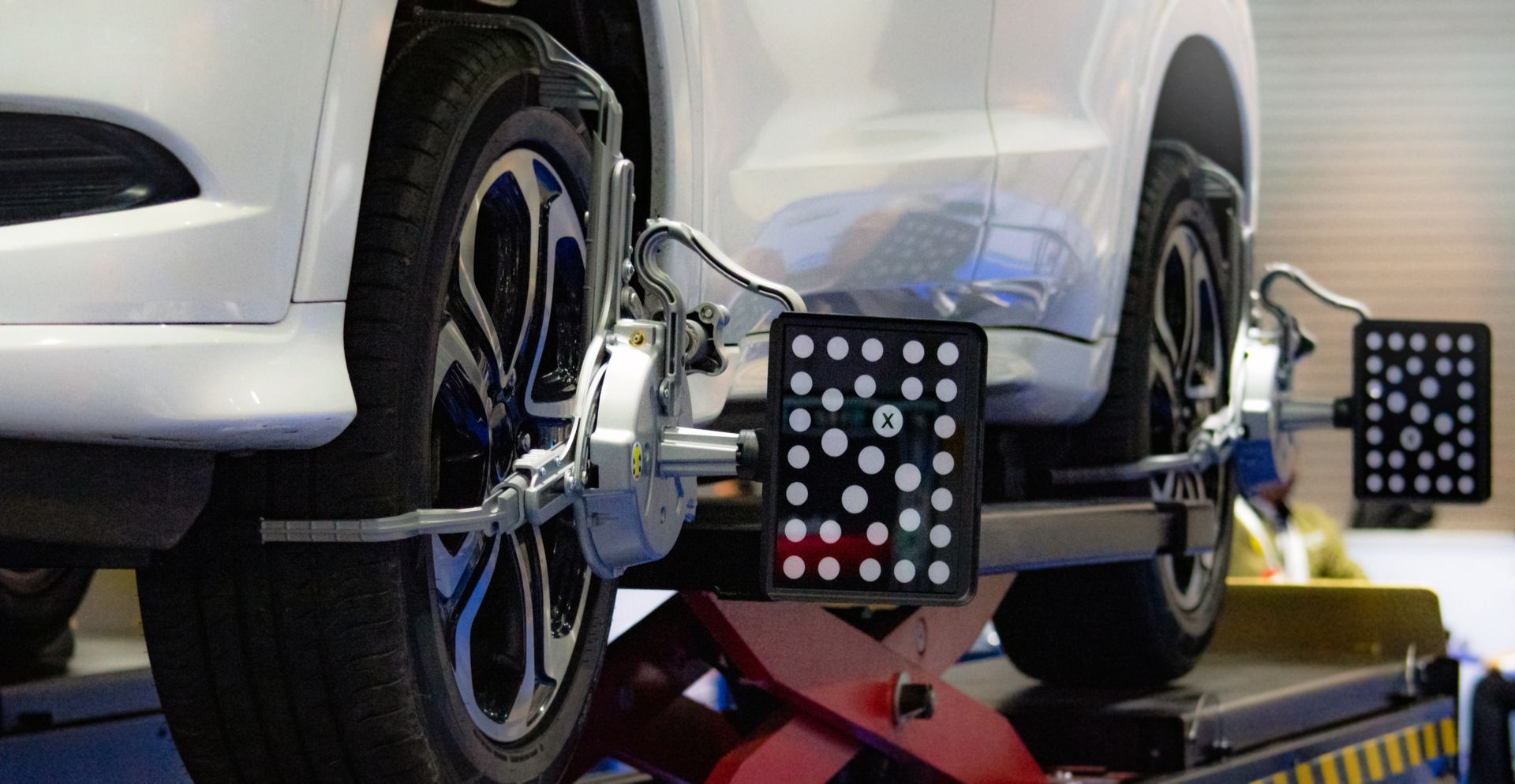Fall in Ontario brings a mix of weather conditions. One day you may face warm sunshine, and the next, heavy rain or early frost. These shifts can affect your vehicle in surprising ways. Tires may lose grip, batteries may weaken, and fluids may degrade more quickly. Preparing your car for these transitions ensures it remains safe, reliable, and ready for the road.
Tires and Tread: Your First Line of Safety
Tires play a critical role as temperatures drop. Summer or worn tires lose traction when roads become slick from rain or early frost. Checking tread depth and looking for uneven wear can prevent dangerous situations. Many Ontario drivers choose to switch to all-weather or winter tires as the season progresses. At MechaniQ, our technicians inspect tread, measure depth, and recommend the right option based on driving habits and conditions around Oakville and Mississauga.
Fluids That Need Extra Attention in Fall
Your vehicle relies on several fluids, and temperature swings can affect their performance. Engine oil thickens in colder weather, so staying up to date on oil changes is important. Coolant levels and condition also matter because this fluid prevents freezing and maintains a stable engine temperature. Don’t forget about brake fluid and windshield washer fluid; both are essential for safe driving during wet, foggy, and icy days. A seasonal service ensures all fluids are clean, topped off, and able to handle Ontario’s unpredictable fall weather.
Brakes and Suspension for Wet Roads
Braking distances naturally increase on wet or slippery pavement. Worn pads or rotors can make this problem worse. Similarly, worn suspension parts such as shocks or struts may reduce control and stability during sharp turns or on uneven roads. A fall brake and suspension inspection helps identify wear before it becomes dangerous. With shorter days and more rain, reliable braking and handling are critical to keeping both drivers and passengers safe.
Batteries and Cold Mornings
One of the most common fall car problems is a weak battery. As temperatures drop, batteries lose cranking power, which makes it harder for engines to start. If your battery is more than three years old or you’ve noticed slower starts, now is the time to have it tested. MechaniQ technicians use professional equipment to measure battery strength and ensure it can handle the colder mornings that arrive in Ontario by late fall.
Seasonal Service Specials and Digital Reports
At MechaniQ, drivers can take advantage of Seasonal Service Specials that bundle essential maintenance services. These packages include oil and filter changes, brake inspections, tire rotations, battery checks, and fluid top-offs. Customers also receive a Digital Vehicle Report Card, which highlights inspection results and provides photos and notes directly to your phone or email. This transparency makes it easy to see what needs attention now and what can wait, giving you confidence in every repair decision.
Long-Term Savings From Preventive Care
While seasonal maintenance requires some investment, it saves money in the long run. Addressing small issues, such as a weak battery or low tire tread, prevents costly breakdowns later. It also improves efficiency, meaning your car runs smoother and uses less fuel. For families in Oakville and Mississauga who rely on their cars for commuting, school runs, and weekend trips, preventive care provides peace of mind and better reliability all season long.
Stay Ahead of Ontario Weather With MechaniQ
Ontario’s fall weather is unpredictable, but your car doesn’t have to be. With locations in Oakville and Mississauga, MechaniQ offers complete fall preparation services to keep your vehicle running safely and efficiently. From tires and brakes to fluids and batteries, their team ensures every part of your car is ready for the challenges of the season.
Schedule your fall service today and drive with confidence, no matter what the Ontario weather brings.
